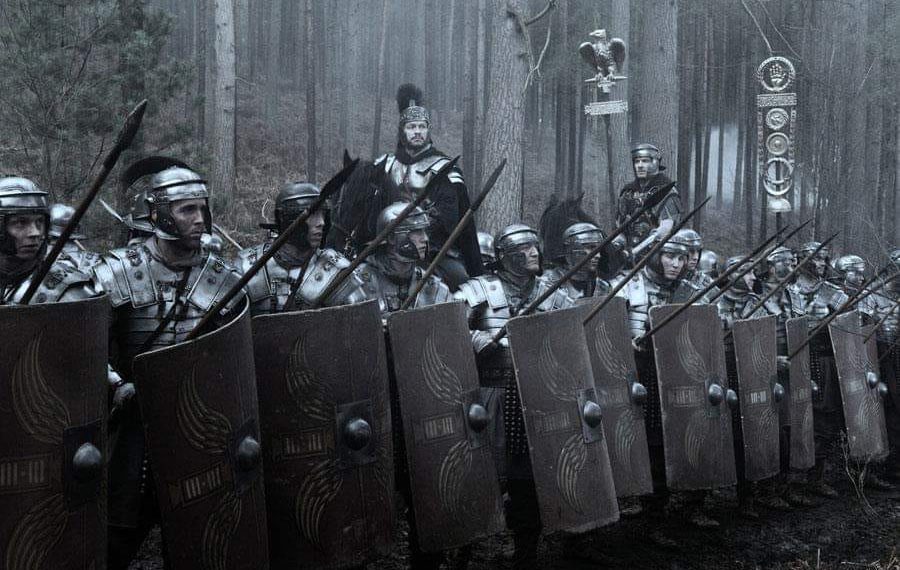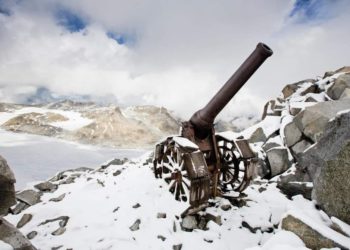Li-Jien: A Roman town in China… In 53BC, A Roman general called Marcus Licinius Crassus embarked on a military adventure against the Parthian empire (Iran). He took 45,000 men with him (7 legions), disregarded the advice of his officers and was soundly defeated by Parthian archers at the Battle of Carrhae.
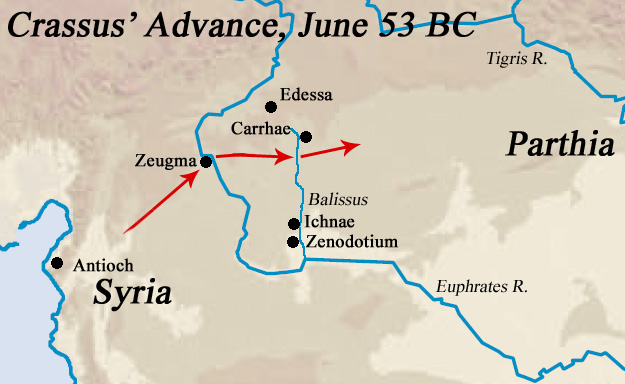
Marcus Crassus was beheaded, 20,000 Roman soldiers were killed and 10,000 were taken prisoners. The prisoners, it seems, were deported by the Parthians to their Eastern borders, where they established a garrison city in modern day Taraz (Kazakhstan) near the border with Kyrgyzstan. Nothing was heard of those Romans for 17 years until the Battle of Zhizhi (near modern day Tashkent) in 36BC, when the legionnaires found themselves fighting the Chinese!
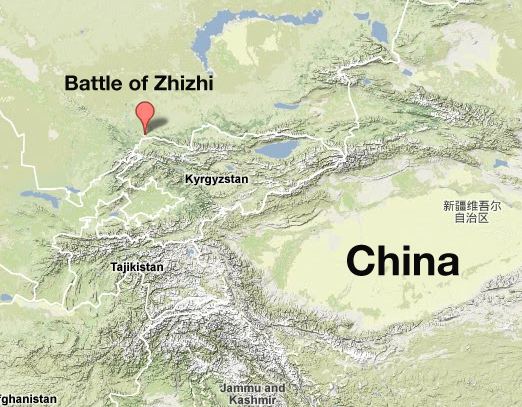
Chinese historians of the time noted that the Chinese generals were impressed by that new adversary, its military defensive positions and its tactics in the field… After this, the lines are blurred between myth and reality: Some say the surviving Romans legionnaires ended up serving the Chinese. It is not clear if the Chinese hired those surviving Romans to fight on their behalf or pressed them into service against their own wish… But the story goes that the remaining Roman warriors were moved to a Chinese town renamed Li-Jien (Legion) in their honour. Li-Jien was situated in Northwestern China in the Ganzu province. There, the Romans established a garrison to protect the nearby village from Tibetan raids.
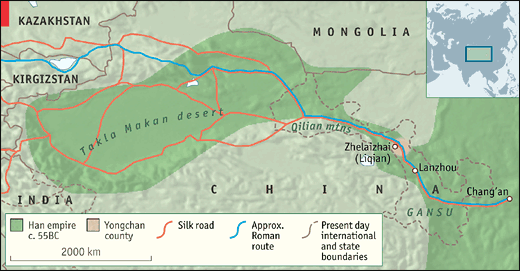
Nowadays, Li-Jien is called Zhelaizhai. A fair portion of the people inhabiting the region have blue eyes, blonde hair and are taller than the average Chinese. Some experts claim the DNA make-up of those people is clearly Western (Roman, Gallic and Germanic, which is consistent with the make-up of a roman Legion of the time). Others dispute this. In 1993, fortifications and tools were unearthed in that province… They were of Roman design…
Still, experts and historians debate whether a Roman legion made it all the way there and if the story of Li-Jien belongs to the realm of myths or in history books..
